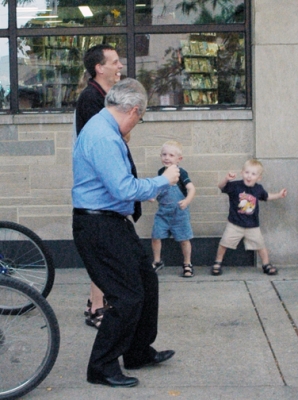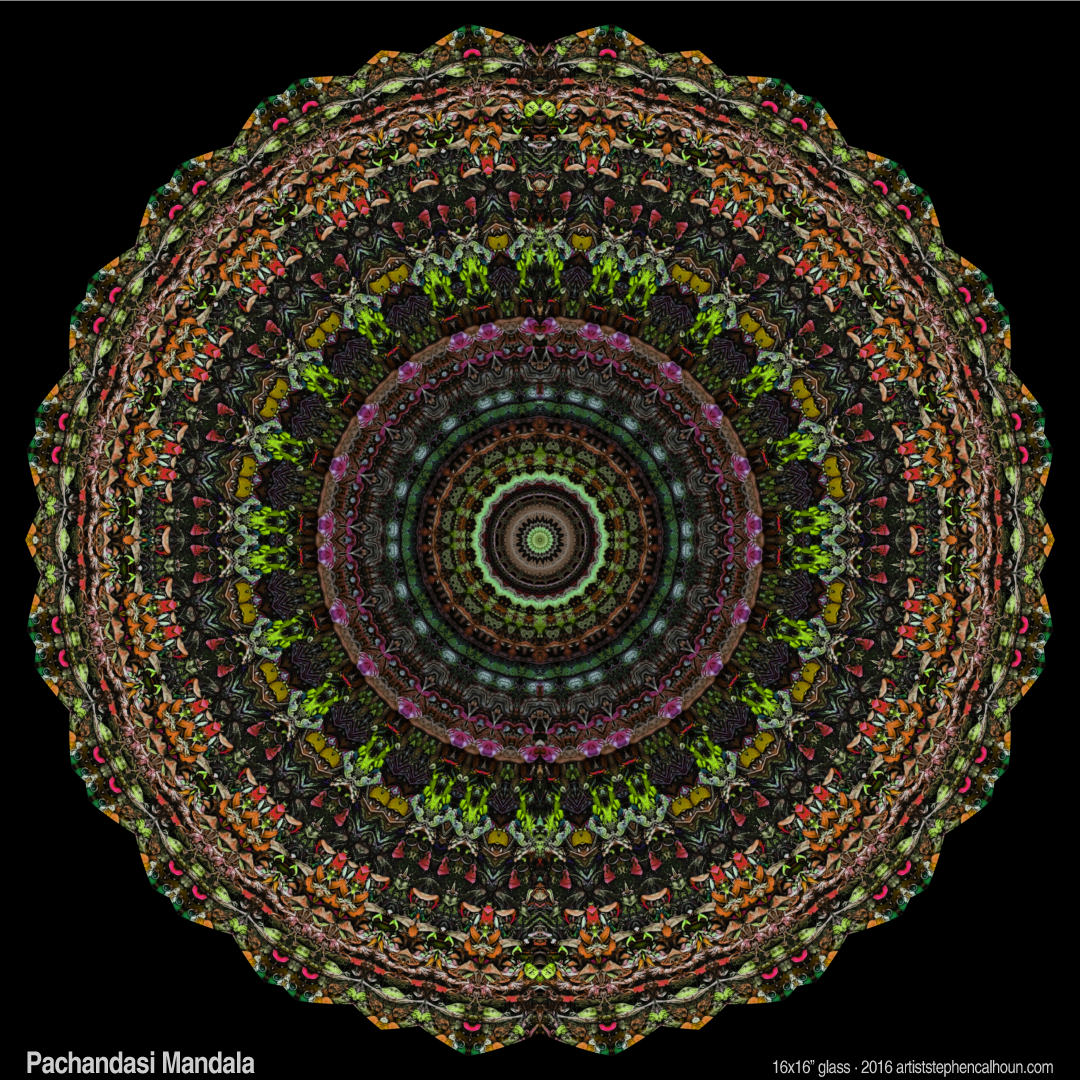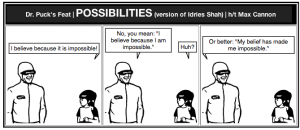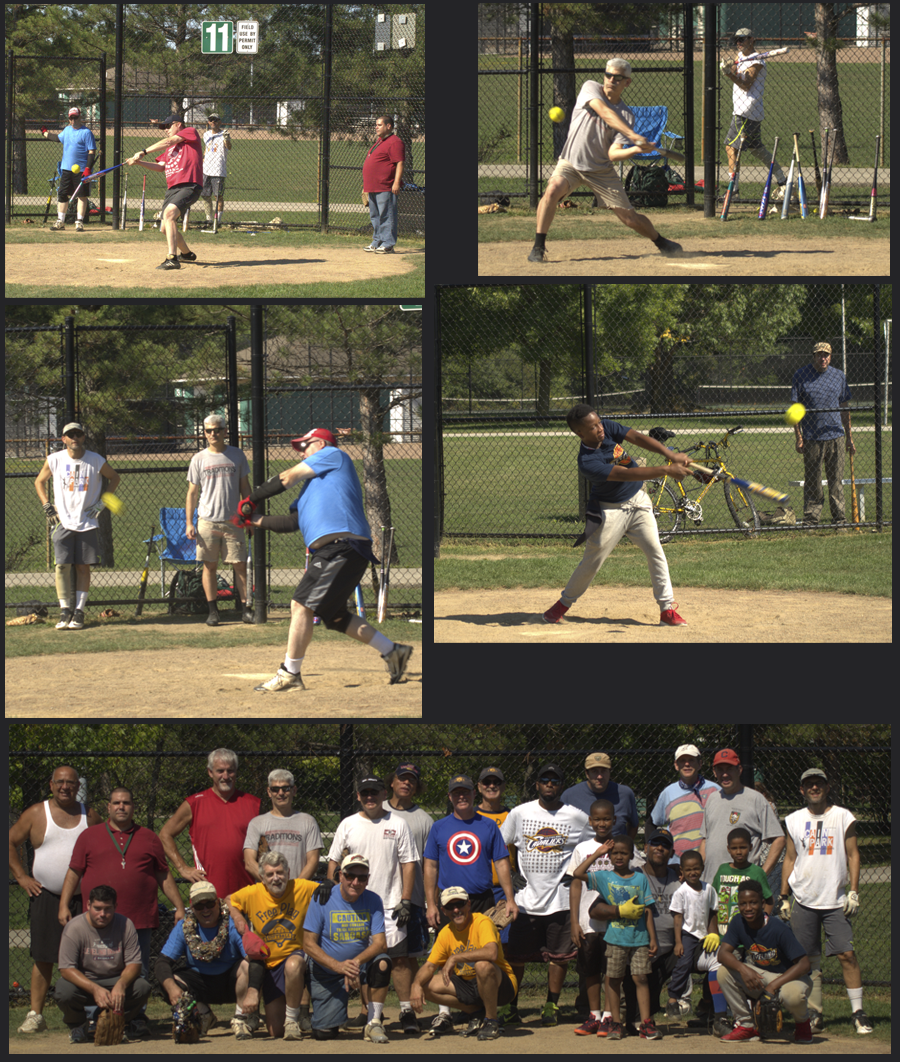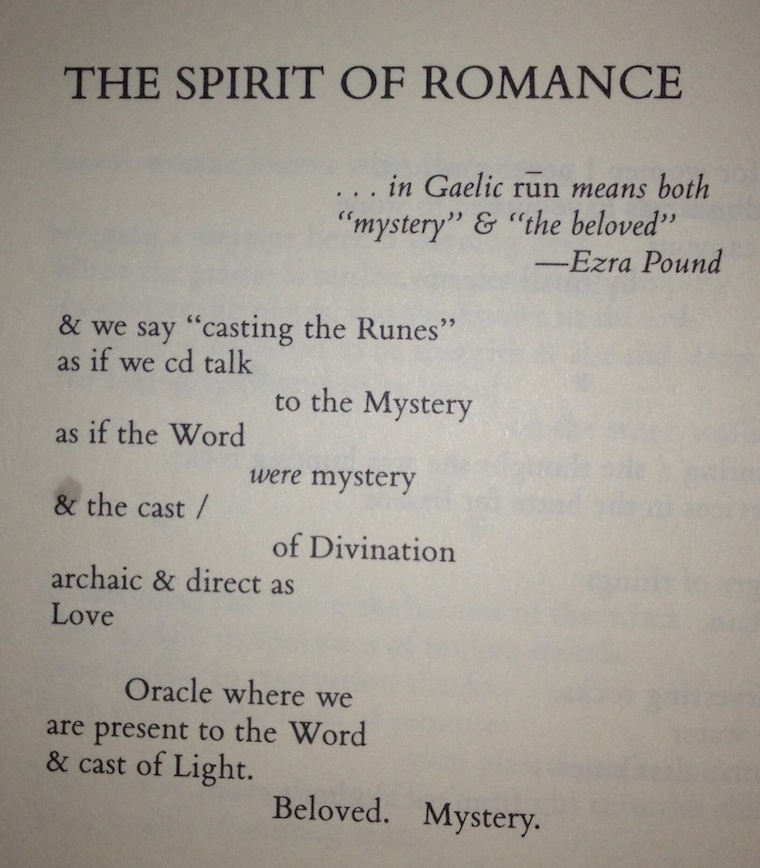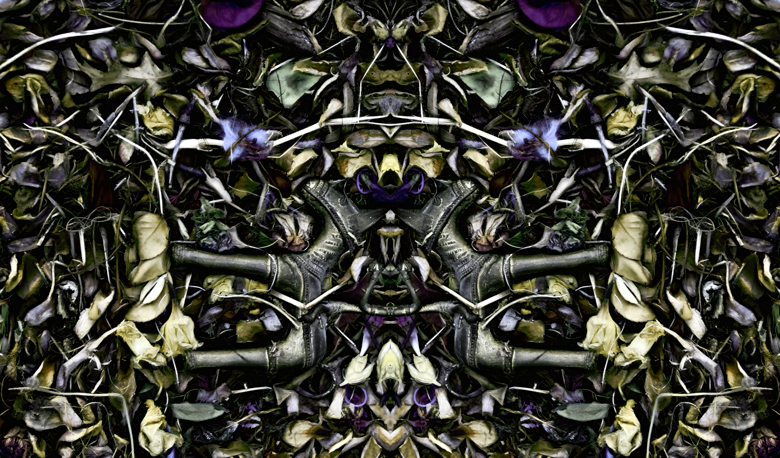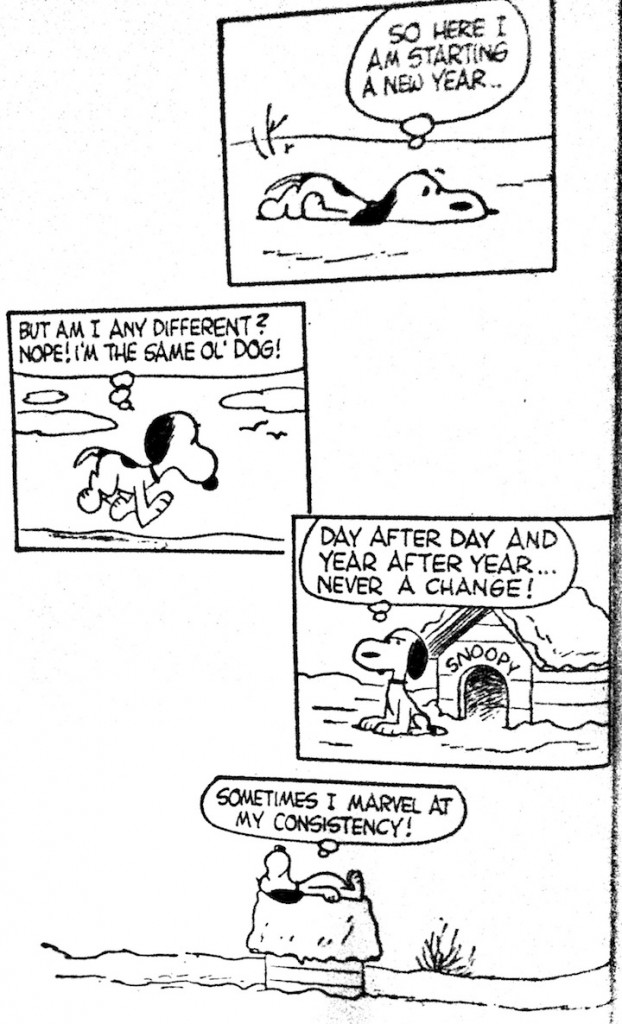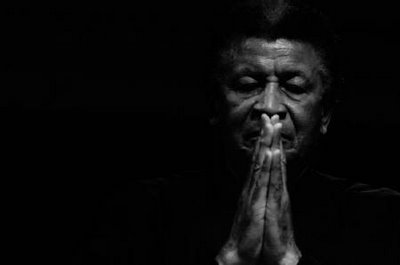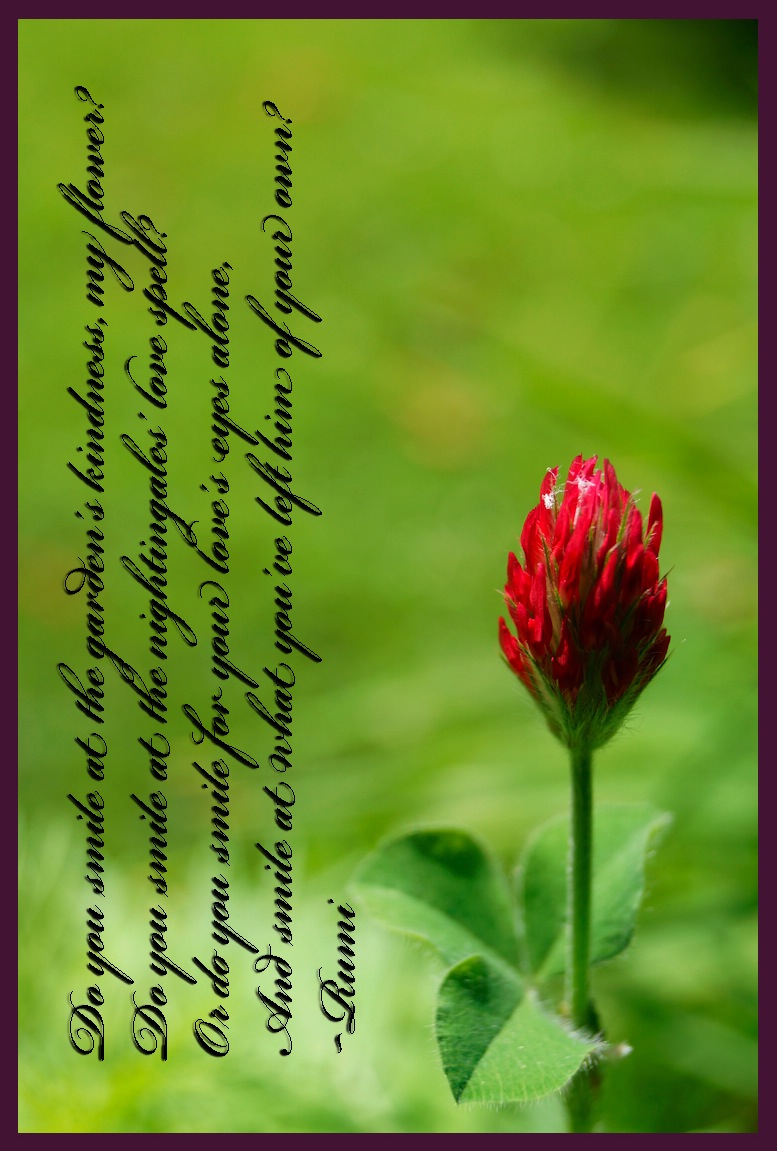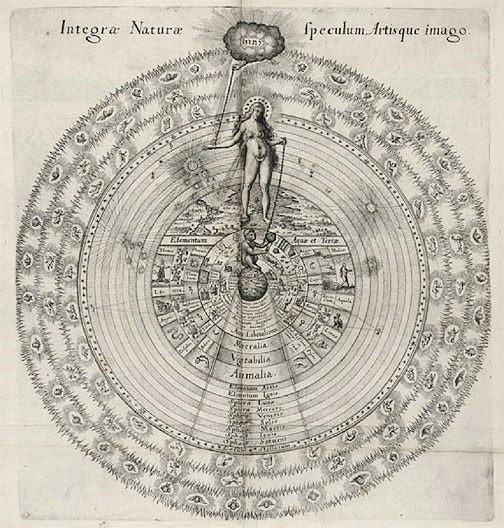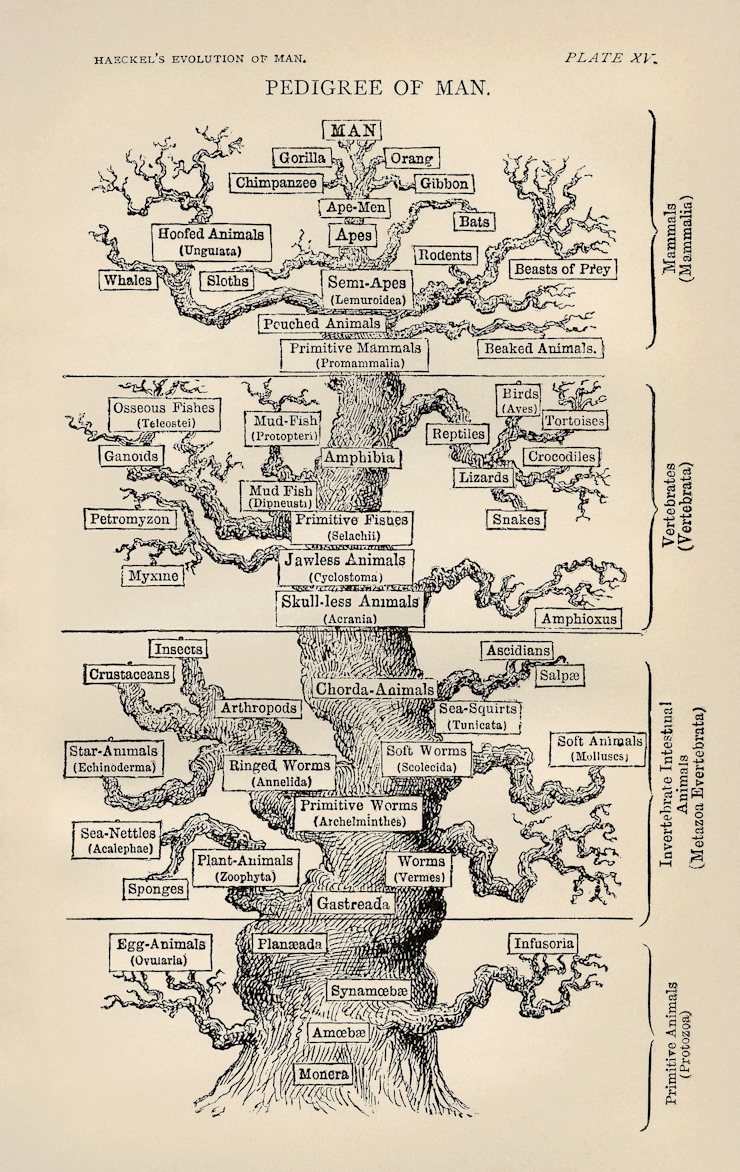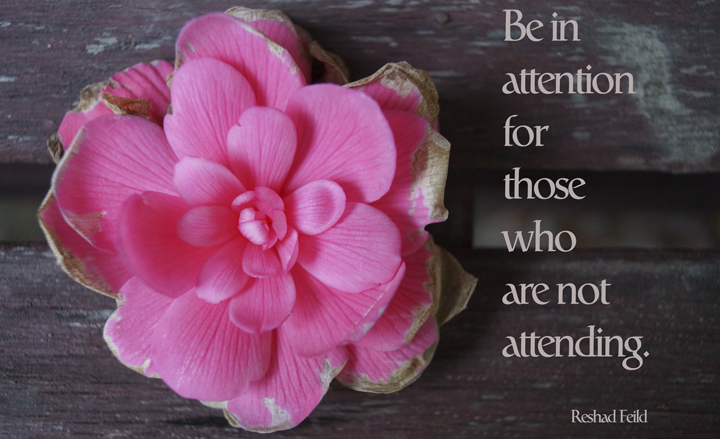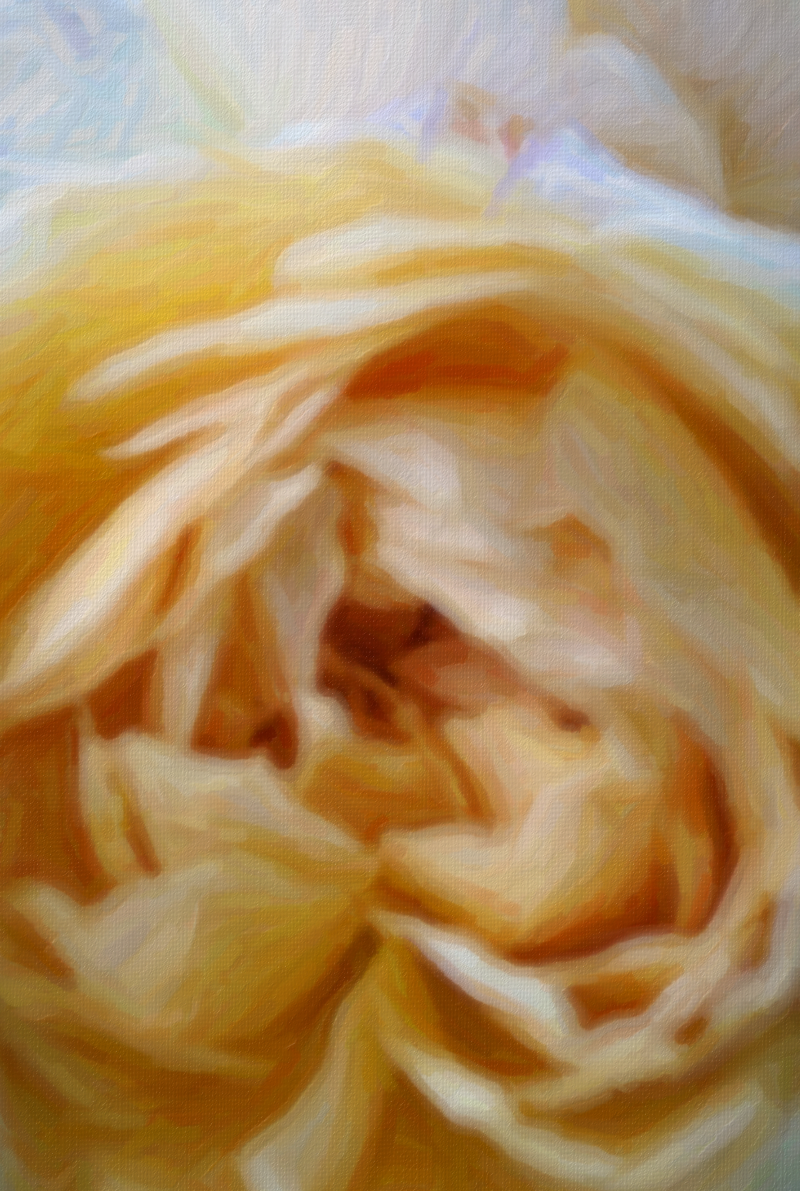
A young man decided to move his family, his wife and two daughters, to a set of small rooms in a building in Isfahan. His family’s new home was located a short walk away from the Sufi school the young man wished to join.
The man had just finished his regular studies and now hoped to support his spiritual aspirations. A small dowry and his wife’s support were his only practical foundation. Yet, the young man did not decide to move until he had received a letter of assurance from the school, stating it could modestly employ him.
With this letter in hand, and his family moved in, the young man walked to the school, stepped into the stone doorway, and gently knocked. After a moment, the door opened to reveal a very old man. The old man held the door half way open.
“I have come from the district of Lake Urmia to apply to your school. I have this letter in support of a small stipend.”
The old man didn’t budge, and told him, “We’ve been expecting you. The Pir has requested I grant you a job only in the light of following these instructions.”
“I am humbled.” responded the young man.
The old man stepped into the archway and closed the door behind him. Standing face to face with the young man, he reached into his robe and pulled out a leather bound book.
“Your job is simple: come to the school every day at 11am and sweep the doorway and then sit here, the man pointed to a bench cut out of the archway’s support, and greet visitors. If the visitor is holding a book like the one I am about to loan to you, summon me with four knocks and admit them into the inner hallway. After prayers, come back and go around to the rear of the building and sweep the entrance to the rear doorway. There is a bench there too.”
The man held the book in front of him with both hands.
“Nobody enters the school through the rear door. People leave the school through the read door. When you are doing your job there, the extra courtesy is necessary as someone departs the school through the rear door, ‘God be thanked.’ At 1 in the afternoon, come back to the front, sweep the exterior entryway, and, spend the remainder of the hour sitting here on the bench and helping visitors.
Extending the book so that the young man could grasp it, the young man slowly brought the book into his possession.
“The book you have now is blank. On its pages you are to write your reason for hoping to join our school.”
Clutching the book, the young man bowed and lifting his head, told the old man,
“I will review my reasons and summon the single most excellent one and inscribe it on the first page of the book.”
The old man bowed, “I will see you tomorrow at 11 in the morning.”
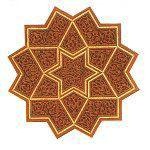
The young man waited until the old man had gone back into the building and shut the door. He heard the snap of the latch, and turned and walked to his new home.
The next day, the young man began his new job, and, he also hoped, he had begun to transit a short term before his being admitted into the school. On his first day he admitted two young men. Nobody left through the back door. He went home at 2pm.
On the second day, he admitted no one, and no one left, but, at the very end of the day, the old man from whom he received the book, stepped out onto the front entryway just as the young man stood up from bench to go home.
After greeting the young man, the elder asked, “Have you entertained and inscribed your reasons for joining us?”
Thrilling to hear the question, the young man lifted his book and gently opened it to the first page, turned it around, and with a graceful thrust, supported it while showing the page to the old man.
The old man looked down, read what the young man had penned, looked up, and told the man,
“I am not the judge of reasons. Nevertheless, I know that there are more reasons than this single one. Please write down all the reasons and do not omit a single one.”
The young man heard this beseeching request and bowed, turned the book back around, and closed it and lowered it. Again, waiting until he heard the snap of the latch, he left and walked back home.
So it was began a long sequence of days. Every now and then he would admit a young man through the front door, and, much less frequently, he would greet a departing elderly man as he left the building through the rear doorway.
Late every evening, the young man would contemplate his reasons, and enter new ones into pages in the succession of pages of the book.
Every day, at the end of his work day, the old man would read the new entries and return the book to the young man, and always remark,
“Surely, you know of more reasons?”
At first, that there were more reasons surprised the young man. Soon enough, the young man came to both reason or conjure new reasons effortlessly. He’d go to the school, do his job, let a few men in and honor the fewer old men departing, and, he’d end each day with his presentation and the old man’s, by now, ritual injunction.
The young man’s efforts to discover his additional reasons became more difficult as time wore on. Along with this, for the first time, that other young man were entering the school, and that each entrant carried their own book, began to test the young man’s resolve.

He persevered even as his nightly contemplations became woven with doubts. His biggest doubt was this: ‘where in this book full of reasons is the one reason?’
He wrote this down in the book. He followed it with a passage,
‘I have no more reasons. There are no more reasons.’
The next day, the fortieth since the young man had arrived for the first time at the front door of the school, the young man opened the front door for two young men, and, he honored a single very elderly old man departing from the rear door.
At the end of the day, the old man stepped out into the entryway and extended his hand with the palms faced upwards to receive the young man’s book. The young man set the open book on the old man’s palms. The old man lowered his head and read the three most recent passages.
Raising his head slowly, the old man waited for the young man to raise his eyes to meet his own. The old man’s palms, now empty. remained turn heavenward.
“Young man, would you please follow me?”
He opened the door. The young man, in a state of shock, stepped through the front doorway. Both men were in a small hallway. The old man opened the inner door. He swung the door to his chest and softly told the young man,
“On the other side of this door is a library. You will not have to search for the single half filled shelf. Please place your book on that shelf. Next, proceed to go through door at the very rear of the library.”
The young man calmed himself, took a deep breath, silently thanked God, and stepped through the inner doorway. He came into an immense illuminated room. To his left and right stood from floor to ceiling many tiered book shelves filled with books. The books were bound the same as his own book was bound. The young man slowly walked down the single aisle that ran between the library’s left and right book collections.
He walked almost to the end of the room and its shelves of books before he spotted on his right a low shelf. The shelf was partially filled with books, and below it was, apparently, the last empty shelf in the entire, immense library. He placed his book on the shelf. He turned in a complete circle to take in the entire library. Then he turned toward the second door, opposite the door he had come in through at the other end of the long aisle.
He walked up to the door, placed his right hand on the knob and turned it, opening the door. He stepped through the door and discovered he was standing in the rear doorway he knew so well. A young man reached out and gently held his right elbow.
“God be thanked.” The young man dropped his head, let his hand down, and bowed. He then sat down on the bench.
“There is only God to be thanked.” He told the seated young man. With that, the man walked back around the building toward the street. As he turned down the street to go home, he mused to himself, ‘This has been a day like no other.’
When he got to his house, he suddenly felt elated. Turning the door knob, he swing the door open. A very young girl he did not know greeted him,
“Grandpa!”


